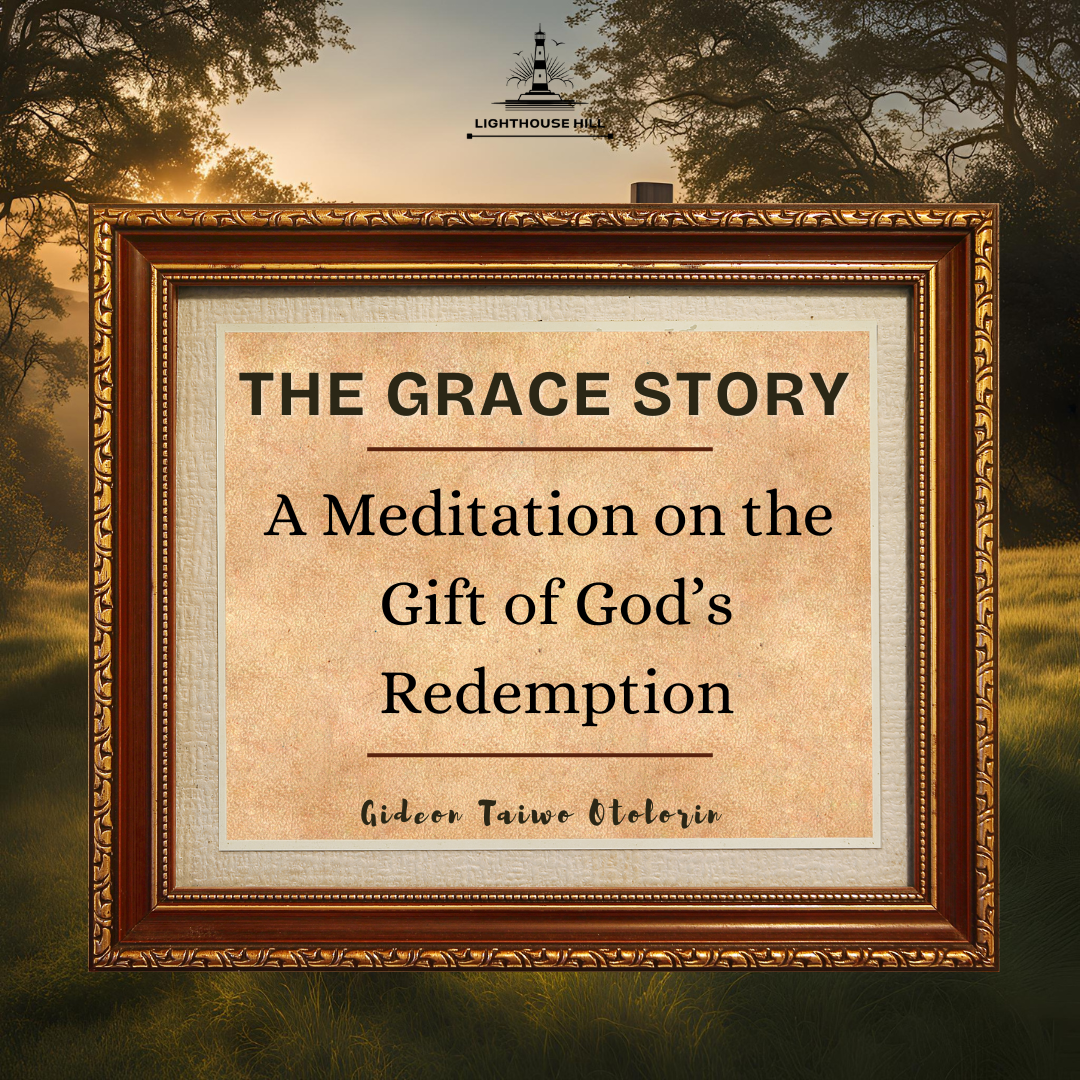
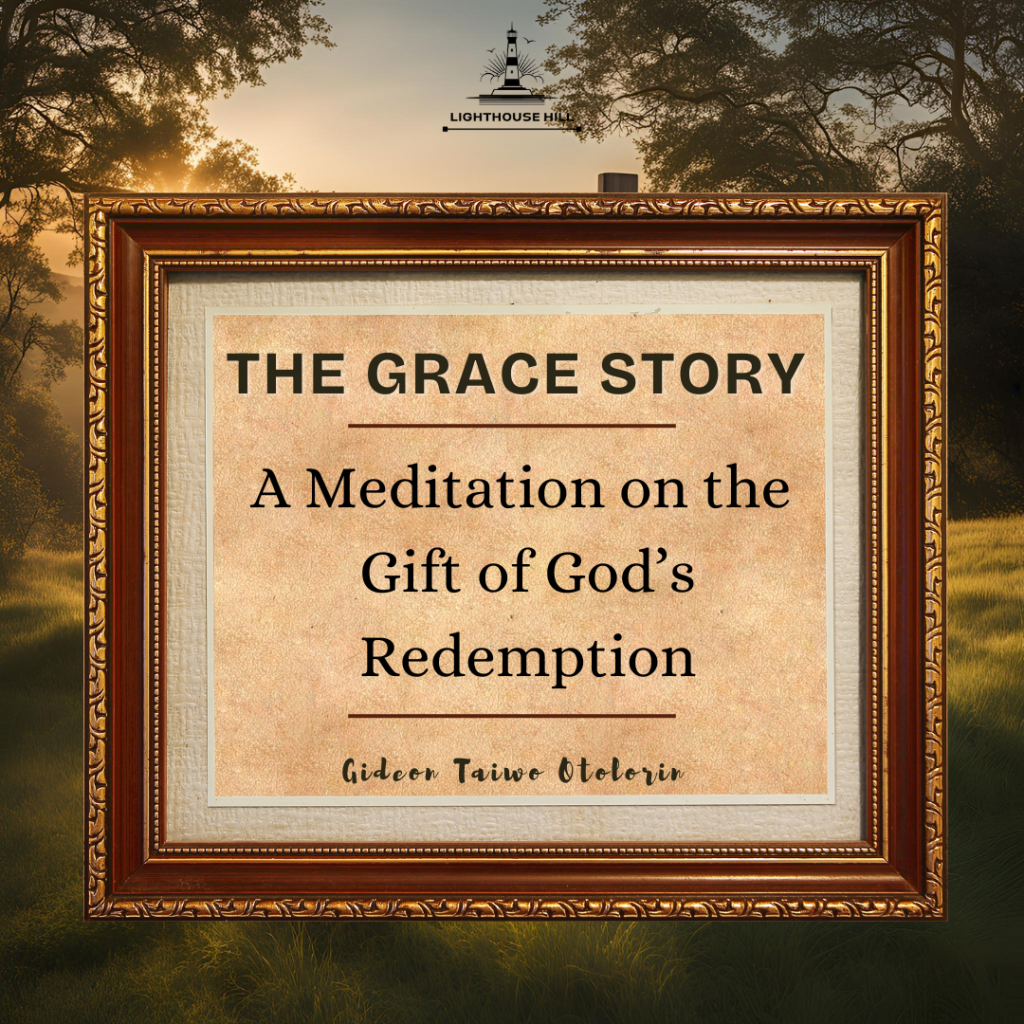
In the beginning, God created man as the pinnacle of His creation, entrusting him with the stewardship of all He had brought into existence. With meticulous care, He imparted instructions on how to navigate life’s journey, for He had envisioned a purpose and plan for this extraordinary project called humanity. God invested His boundless resources in humanity, hoping to derive pleasure and delight from His creation.
Unfortunately, the adversary, Satan, hijacked God’s grand design, and humanity’s disobedience thwarted the project’s intended outcome. A poignant moment arrived when God’s heart was filled with sorrow, and He regretted creating humanity on earth (Genesis 6:6). As time progressed, humanity’s behaviour and tendency became increasingly malevolent, with wickedness escalating by the day. The heart of humanity had become irretrievably corrupt, and God’s heart was grieved whenever He beheld His creation manifesting a life devoid of His divine nature.
The love that God had towards humanity was so evident that the Psalmist was compelled to ask, “What is man that you are mindful of Him, the son of man that you visit him?” (Psalm 8:4). This query underscores the depth of God’s affection for humanity, which is nothing short of astonishing.

Adam and Eve face the consequences of disobedience.
Courtesy: https://www.freebibleimages.org/illustrations/adam-eve-fall/
Sooner or later, humanity forfeited the privilege of fellowshipping with God whenever He came in the cool of the day. In all of these, humanity was not left alone. The heart of the Father still yearned for His creation, and He would not abandon humanity to perish. Instead, He demonstrated His love in Genesis 3:21 by making tunics of skin and clothing them.
What manner of love the Father has bestowed upon us that we should be called His sons? You will think that the act of sending them out of the garden is cruelty; I dare say that it is an act of love. The reason is that if humanity were left in the garden, they might find their way to the Tree of Life and eating it would have them immortalized in sin and irredeemable because of their fallen state and the eternal nature of the Tree of Life.
But there was a plan to redeem humanity, and as such, it was immaculate wisdom for God to do all that He did. God continued to show His love as events subsequently unfolded by reinforcing His dominion mandate to Noah. Genesis 9:1, “God blessed Noah and his sons, and said to them: Be fruitful and multiply, and fill the earth.” Also, by confusing their language so that understanding became a problem, they were scattered abroad to build a city and a tower whose top reached the heavens, above the face of all the earth. (Genesis 11:7-8).
Also Read: THE RESURRECTION OF JESUS CHRIST: THE GOSPEL TRUTH
All these interventions were simply to make His plans and purposes for humanity towards redemption unthwartable. The misadventures of man within the framework of time were still in keeping with the salvific process of sending mankind back to the Father and his lost heritage. Ultimately, God had to lay the penalty of our sins upon His Son, Jesus Christ, bearing all the responsibilities of our shortcomings for the sake of our salvation. The wages of sin is death, and this legal punishment stood against man, until the Son of God descended from heaven, made Himself of no reputation, took the form of a bondservant, and, coming in the likeness of men (Philippians 2:7), became the perfect atonement and substitution for our sins.

Jesus is led out of Jerusalem to be crucified.
Courtesy: https://www.freebibleimages.org/illustrations/tis-jesus-crucifixion/
While all these were going on, the people whom He came for wanted Him dead in ignorance. But thank God that all was yet within the scope of God’s plan because if they had known, they wouldn’t have crucified the Lord of glory (1 Corinthians 2:8), and our salvation would, therefore, not be at stake as a result of that.
Our boast in ourselves was dealt with by God when He hid the plan from humanity by His infinite wisdom and power. There was no room for humanity to boast of their own wisdom and power in making their way back to God, and their lost heritage in Him. By achieving this in God’s redemptive plan, He made Him who knew no sin become sin for our sake, that we (fallen humanity) might become the righteousness of God in Jesus.
All the way to the cross, Jesus Christ poured Himself out as the burnt sacrifice: Lamb of God who took away the sins of the world.
Surprising? That’s all the Grace Story is all about. The Grace Story shows that despite humanity’s sinfulness and shortcomings, God, out of pure love and mercy, offers forgiveness and restores humanity’s relationship with God through the sacrifice of Jesus Christ on the cross.
We can’t talk about the Grace Story without pointing to the love and mercy of God towards us. Naturally, humanity does not have all it takes to get us out of the big mess we found ourselves in, and we cannot earn it, but only receive it through faith in Jesus, making our redemption a free gift from God.
And the way God offers this grace is through Jesus Christ, who died on the cross to pay the penalty for our sins. The way we receive this gift of redemption is by placing our faith in Jesus Christ and by accepting Jesus’ sacrifice on our behalf, we open ourselves to the transformative power of God’s grace. This gracious acceptance frees us from the shackles of sin, revives our spirits, and welcomes us into a new life of unhindered access to God’s presence.
As Apostle Paul eloquently expressed, “For by grace you have been saved through faith, and this is not from yourselves, it is the gift of God – not by works, so that no one can boast” (Ephesians 2:8-9).
The Grace Story remains eternally relevant, beckoning everyone to receive this extraordinary gift of redemption, embodied in Jesus Christ, our Lord and Savior.



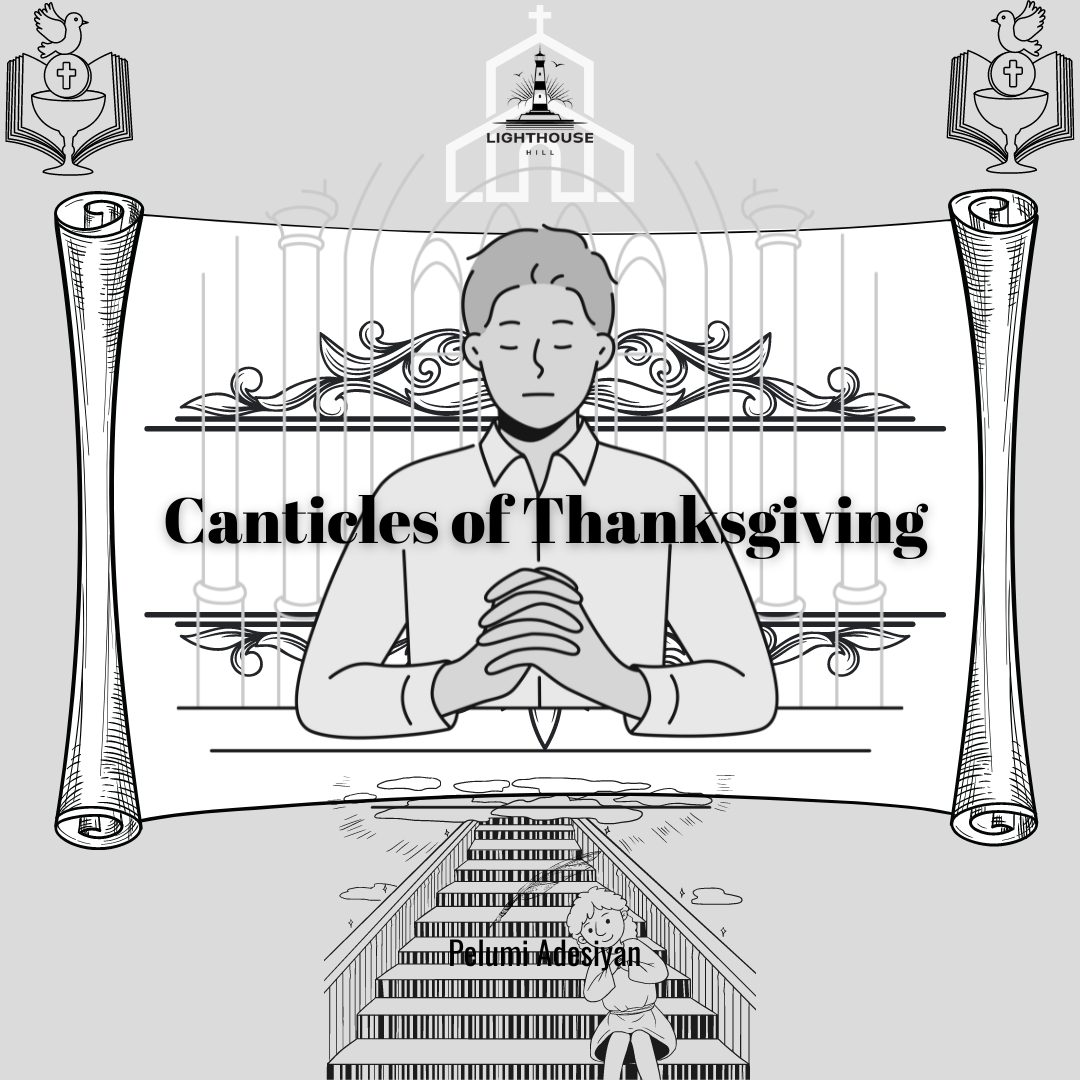
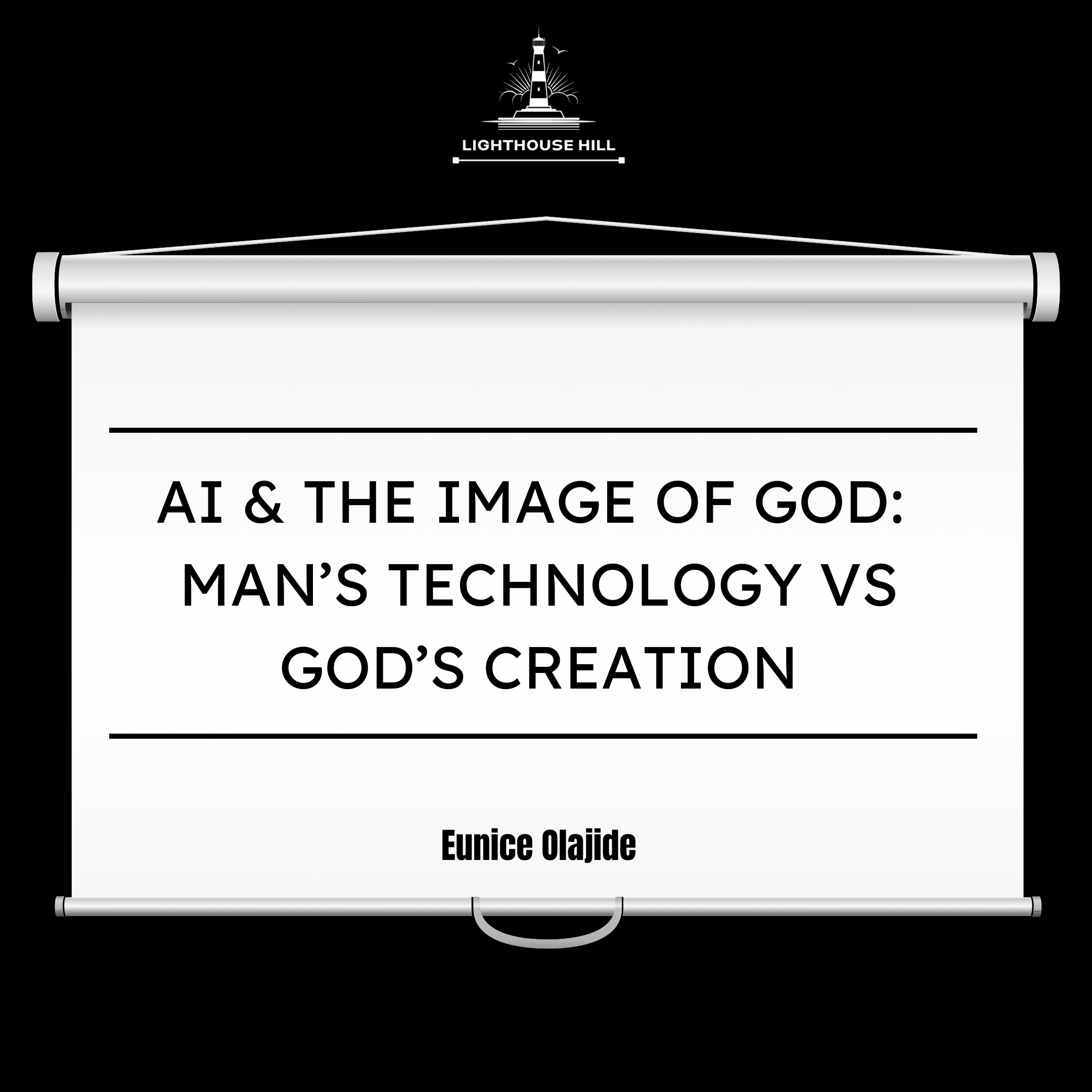

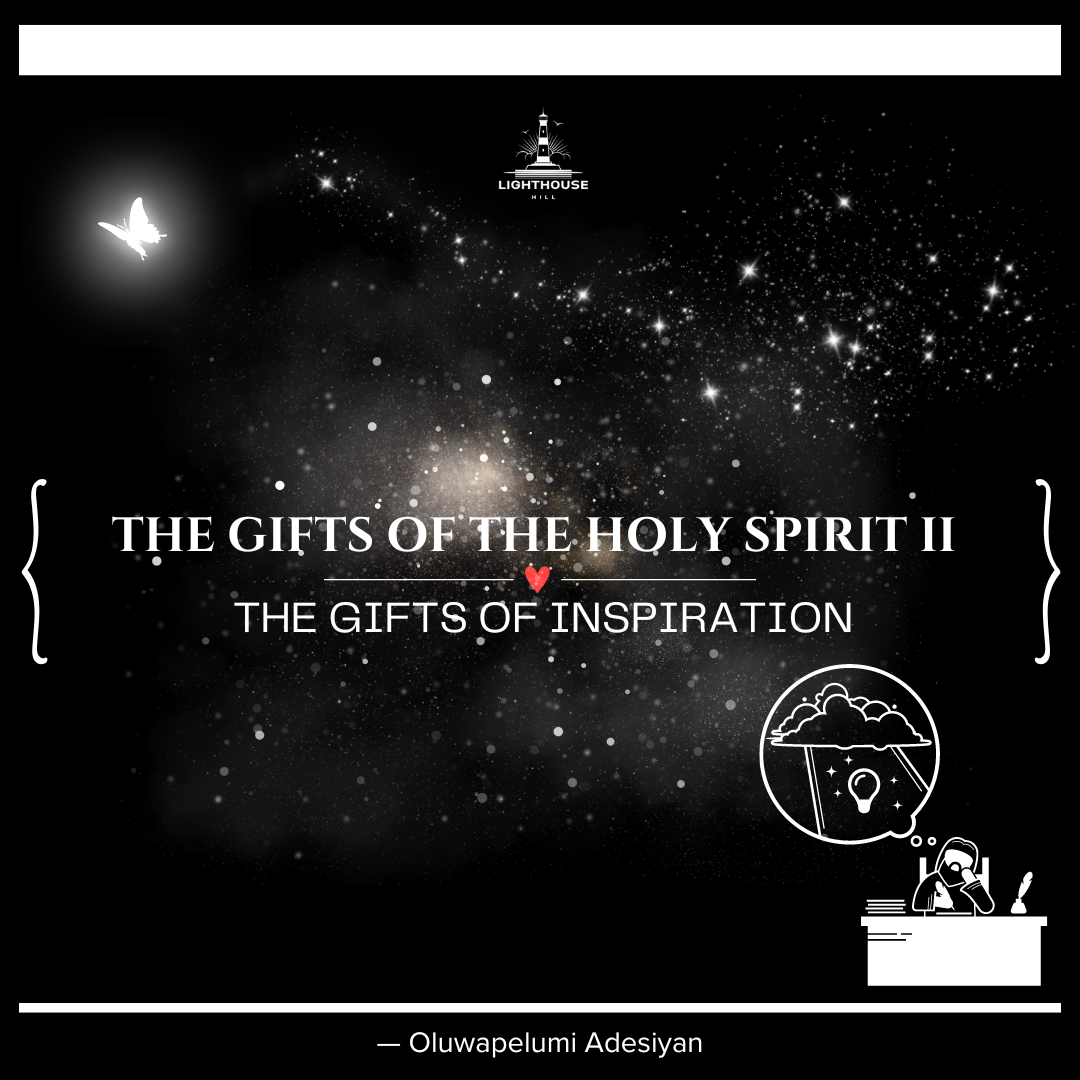





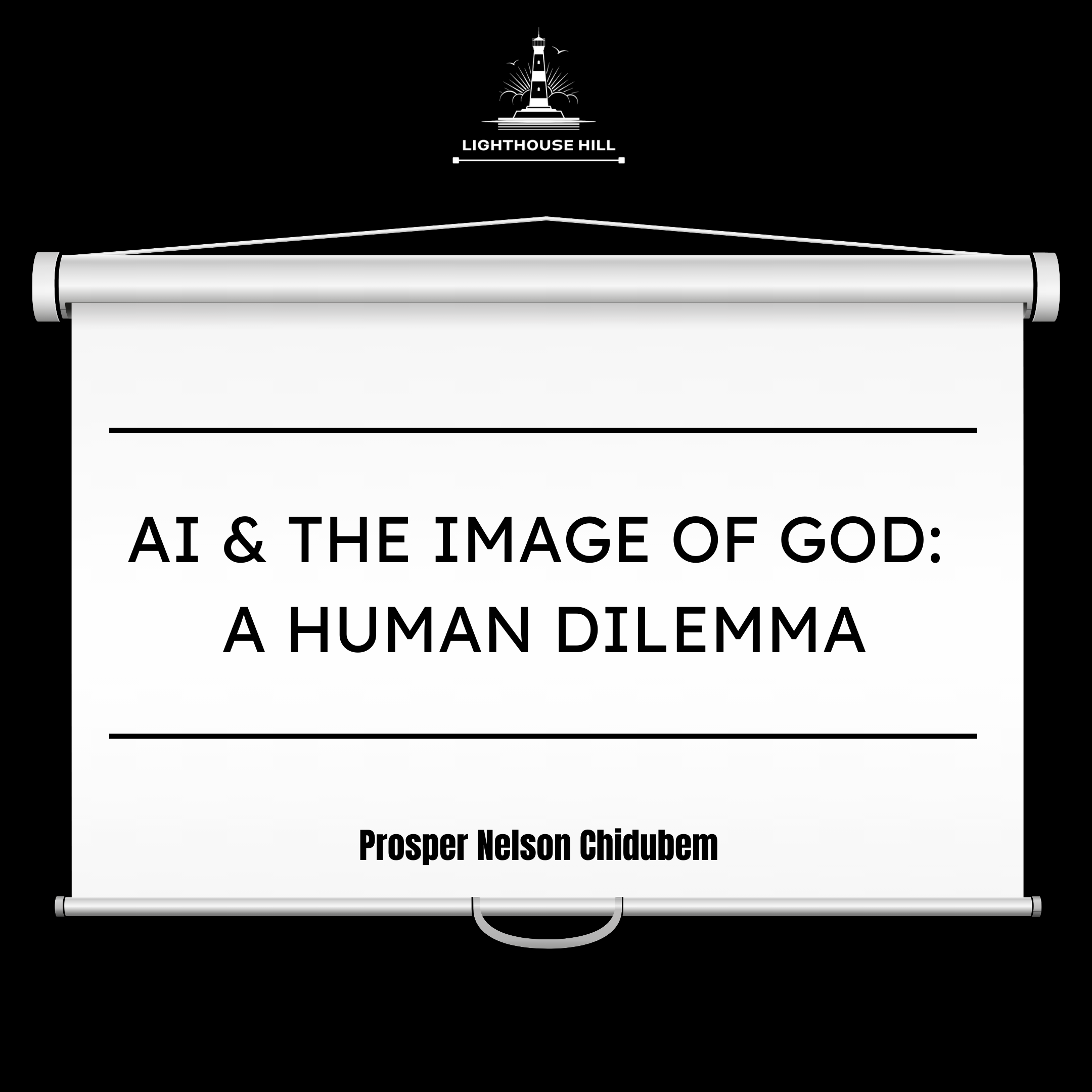
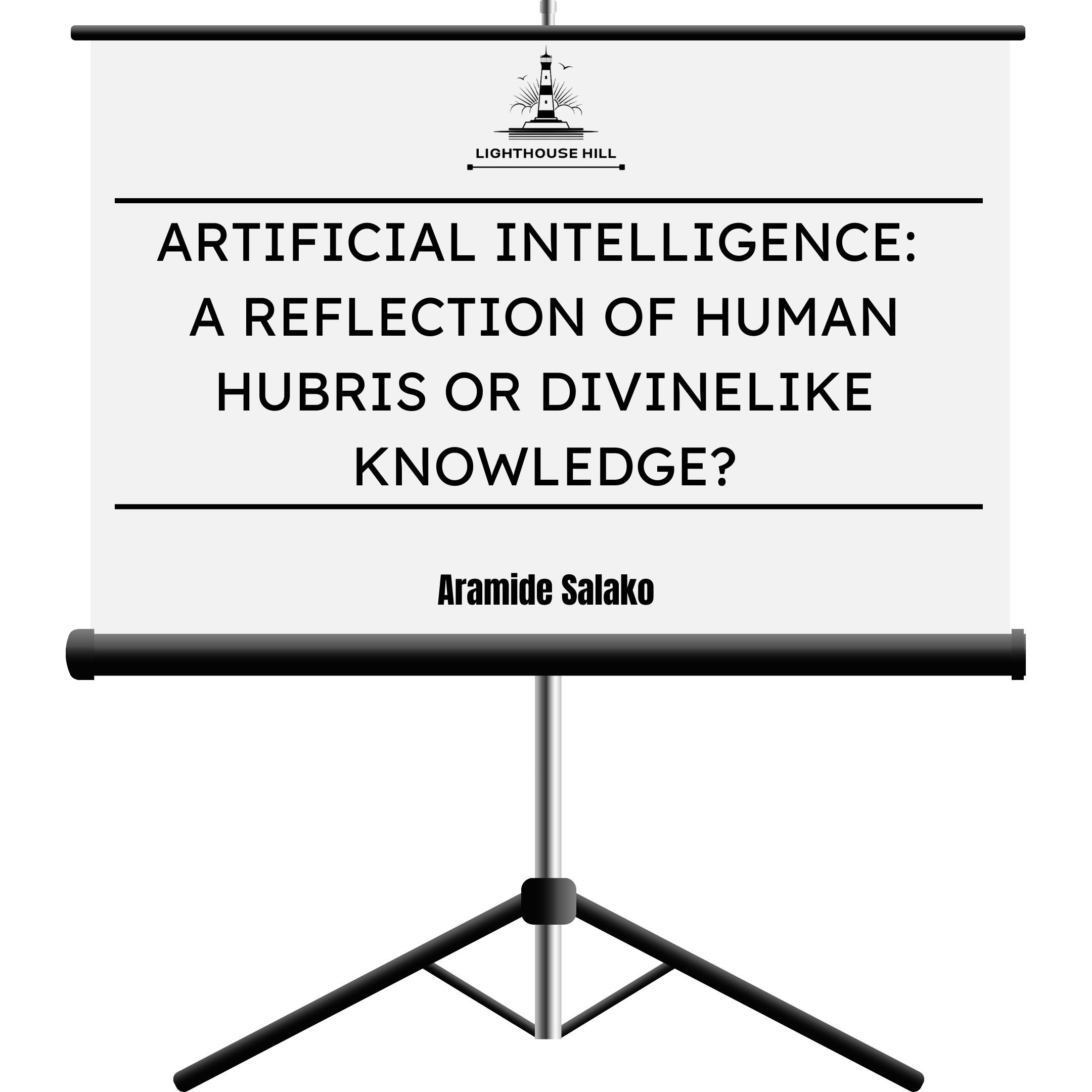
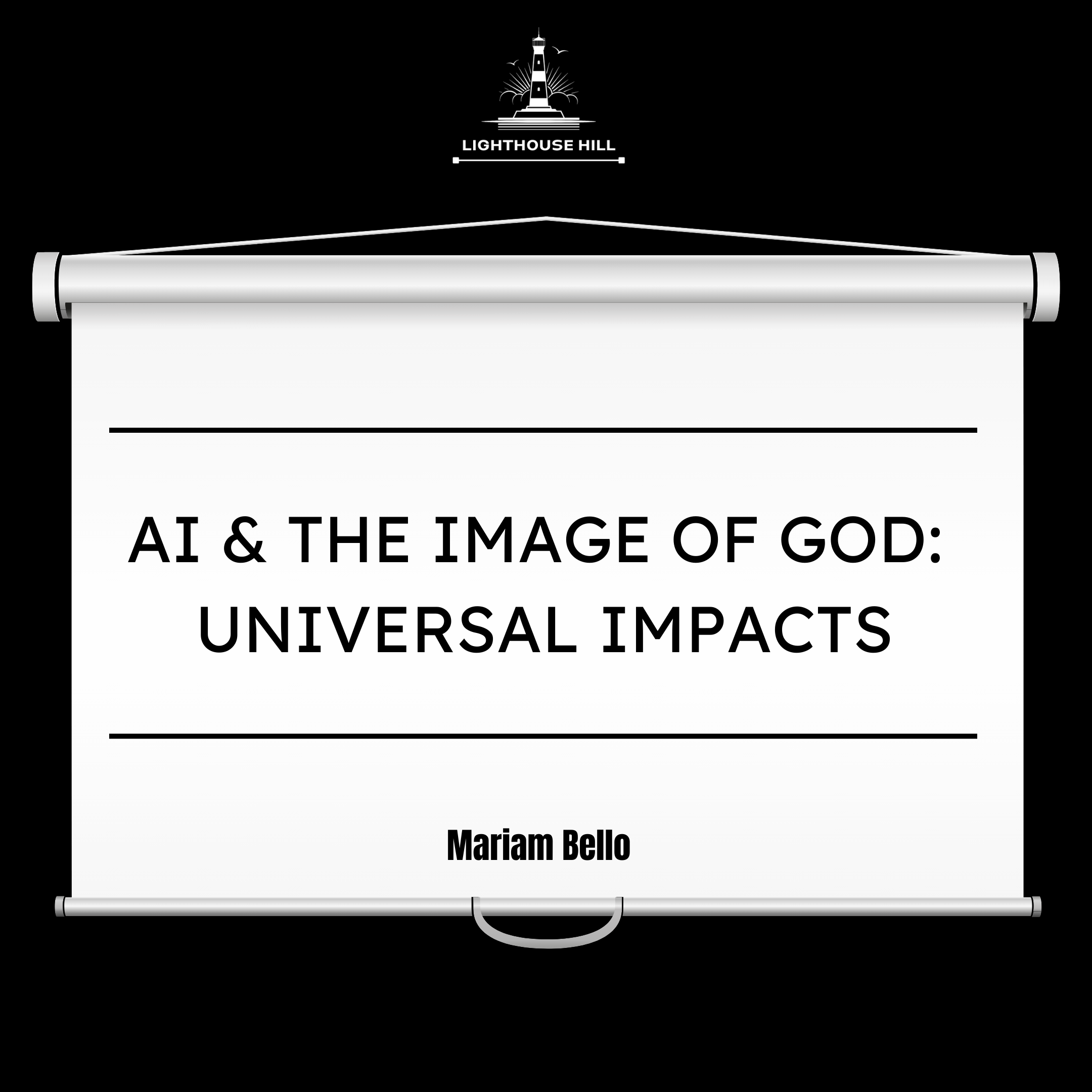

Leave a Reply
View Comments